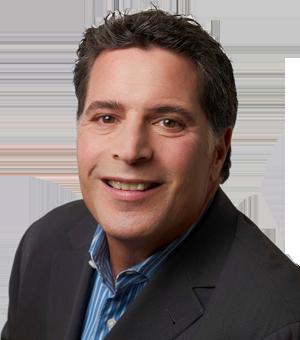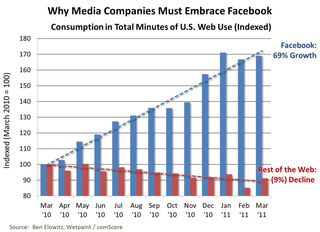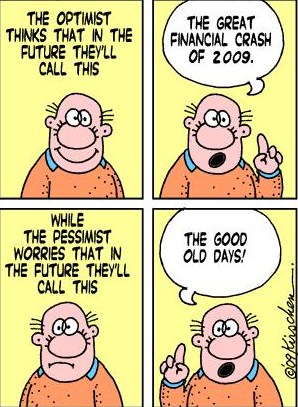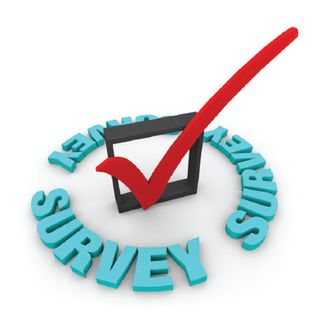Earlier this month I began to follow some controversy around a blog written by Bill Taylor (founder of FastCompany) for Harvard Business Review called Great People are Overated. 
While I agree with what he had to say, many did not. In fact, those who didn't agree, spoke their opinions in hostile form. So, I'd be interested in what you all have to say. The real estate industry is an interesting arena to hold this debate, as we are all too familiar with a percentage of "star" agents who have the tendency to occasionally wield their power. What price to the company, company values, and a sense of team work, do we actually sacrifice?
I was especially drawn to his quote, "Great teams, great companies, great organizations of all kinds are as much about character as credentials…" I truly believe that this is the way it's supposed to be.
Here is the blog in its entirety:
"Last month, in an article in the New York Times on the ever-escalating 'war for talent' in Silicon Valley, Facebook CEO Mark Zuckerberg made a passing comment that has become the entrepreneurial equivalent of a verbal tick — something that's said all the time, almost without thinking.
'Someone who is exceptional in their role is not just a little better than someone who is pretty good,' he argued when asked why he was willing to pay $47 million to acquire FriendFeed, a price that translated to about $4 million per employee…'They are 100 times better.'
Zuckerberg's casual calculation reminded me of a conversation with Marc Andreessen, the legendary co-founder of Netscape, and now one of Silicon Valley's most high-profile venture capitalists. 'The gap between what a highly productive person can do and what an average person can do is getting bigger and bigger,' he told Polly LaBarre and me for our book, Mavericks at Work. 'Five great programmers can completely outperform 1,000 mediocre programmers.'
Now, I admire what Mark Zuckerberg has built, and I consider Marc Andreessen without peer as an entrepreneur and a thinker, but do we take seriously what these two Silicon Valley giants claim about talent?
If you are building a company, would you prefer one standout person over one hundred pretty good people?
If you were launching a technology or developing a product, would you rather have five great engineers rather than 1,000 average engineers?
Have we become so culturally invested in the allure of the Free Agent, the lone wolf, the techno-rebel with a cause, that we are prepared to shower millions of dollars (maybe tens of millions) on a small number of superstars rather than a well-assembled team that may not dazzle with individual brilliance, but overwhelms with collective capability?
Isn't that what we see time and again with athletic competition, perhaps the closest thing we have these days to the frenzied competition in Silicon Valley? I spent Father's Day at Fenway Park, as the Red Sox hosted the Stanley Cup champion Boston Bruins to celebrate their victory. Nobody would suggest the Bruins had the best individual players in the NHL — throughout the year, the stars of the Vancouver Canucks shone much more brightly. But it was the Bruins' work as a team, a collective show of commitment and determination, that won the day. And what won on the ice won on the hardwood as well — LeBron James vs. the Dallas Mavericks, anyone?…
Yes, a big part of the transformation of business over the last 20 years has been a pendulum swing in the logic of success. The strong no longer take from the weak; the smart take from the strong. From an organizational and competitive standpoint, raw power, brand incumbency, and sheer size, have lost their luster as sources of success.
But it's possible for the pendulum to swing too far in the other direction. The latest trend in Silicon Valley, and the subject of the New York Times article in which Mark Zuckerberg explained his talent calculus, is called 'acqhiring' — shelling out big bucks to acquire a company, not to buy a product or a piece of technology, but to hire a few (or even one) software programmer or engineer who will arrive at the acquiring company and make a huge impact. Facebook, according to the Times, is the pioneer of this new phenomenon, acquiring a slew of companies, killing their products, but keeping their developers.
Star-gazing entrepreneurs who are reluctant to look to sports for lessons in the limits of individual talent might instead look to Wall Street, and the research of Harvard Business School professor Boris Groysberg, captured in Chasing Stars.
Here's how Groysberg's publisher distills his insights: 'After examining the careers of more than 1,000 star analysts at Wall Street investment banks, and conducting more than two hundred frank interviews, Groysberg comes to a striking conclusion: star analysts who change firms suffer an immediate and lasting decline in performance. Their earlier excellence appears to have depended heavily on their former firms' general and proprietary resources, organizational cultures, networks, and colleagues. There are a few exceptions, such as stars that move with their teams and stars that switch to better firms. Female stars also perform better after changing jobs than their male counterparts do. But most stars who switch firms turn out to be meteors, quickly losing luster in their new settings.'
I'm certainly not suggesting that leaders who are growing companies or building teams should settle for mediocrity. But I am suggesting that there is more to long-term performance than the excellence of your individual players. Great teams, great companies, great organizations of all kinds are as much about character as credentials, about what makes people tick as much as what they know. Most of business life isn't really a choice between one great person and 100 pretty good people, but if that is the choice, I'm not sure I'd make the same choice as Mark Zuckerberg — especially if those 100 pretty good people work great as a team."
If you want to read Part II of this article here is the link: http://blogs.hbr.org/taylor/2011/06/great_people_are_overrated_par.html




















